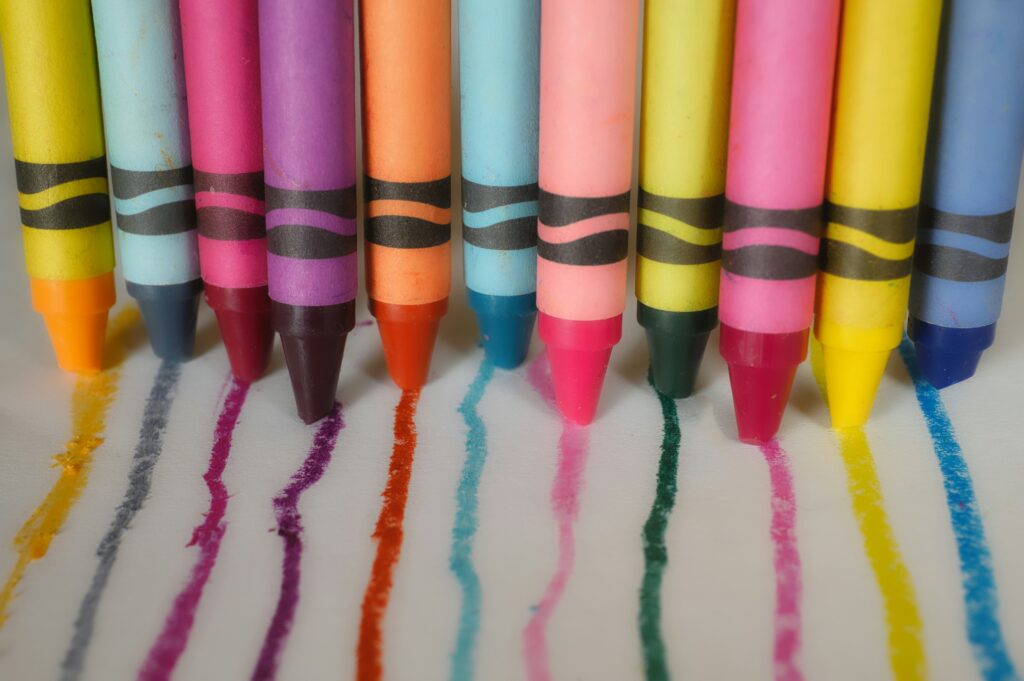EECERA Conference 2025 – Guest Blog # 40: Teacher Empathy in Early Childhood Education
Posted 24th August 2025
One of a series of short blog posts by presenters who will be sharing their work at the upcoming annual conference in Bratislava, Slovakia. Any views expressed in this post are those of the author(s) and do not necessarily reflect the official stance of their affiliated institution or EECERA.
Teacher Empathy in Early Childhood Education: A Mixed-Methods Approach to Valuing Diversity
By Charyna Ayu Rizkyanti, PhD, Associate Professor in The Faculty of Education, Universitas Islam Internasional Indonesia & Popi Rosepti, Master Student in the Faculty of Education, Universitas Islam Internasional Indonesia

Photo by Townsend Walton on Unsplash
“Empathy is the bridge that connects teachers and children across difference. In valuing diversity, it is not only what teachers know that matters, but how they care, listen, and respond”
In classrooms across Indonesia, Early Childhood (EC) teachers are daily confronted with the richness of children’s diverse backgrounds, started from differences in language, family culture, socio-economic conditions, and ways of expressing emotions. For teachers, responding to this diversity requires more than knowledge of curriculum. It demands Empathy, the ability to step into children’s perspectives and to resonate with their feelings in ways that make every child feel recognised and valued.
Our study began with a simple yet profound question “How do teachers in Indonesia understand and practice empathy, and how can these insights be used to strengthen inclusive education”?
To answer this, we adopted a mixed-methods design. In the first phase, through in-depth interviews with nine early childhood educators, we uncovered how empathy shaped their day-to-day interactions. From comforting a child who missed their parent, to navigating cultural misunderstandings, to adapting classroom activities so no child felt left behind are what EC teachers dealing with. Here, teachers spoke of empathy as both a professional responsibility and a personal calling, one that guided not only how they taught but how they saw children as whole human beings.
In the second phase, we translated these lived experiences into something measurable. Building on teachers’ voices, Rizkyanti et al., (2025) developed the Basic Teacher Empathy Scale (BTES) and tested it with more than 400 teachers across different school settings. Using Rasch analysis, we examined two key dimensions: cognitive empathy (the ability to understand children’s perspectives) and affective empathy (the ability to emotionally connect with children’s feelings). The results revealed while teachers generally excelled at cognitive empathy, affective empathy was less consistently present.
The study offers both a conceptual and practical contribution. By combining teachers’ lived narratives with large-scale measurement, it provides a grounded understanding of empathy while also offering a validated tool for Indonesian’ teacher. This insight conveys when teachers understand children without emotionally connecting, the relationship risks becoming intellectual rather than relational. Thus, teachers need to embrace the affective empathy since the warmth of sharing in a child’s joy or distress can builds trust, fosters belonging, and supports social-emotional growth.
In my presentation at the EECERA Conference, I will share more detailed insights from this study, focusing on how empathy can strengthen teachers’ capacity to embrace and value diversity in early childhood classrooms. I will also discuss practical strategies that could help bridge the empathy gap, ensuring that teachers are supported in combining perspective-taking with genuine emotional resonance. Beyond Indonesia, it speaks to a global challenge that how to prepare teachers to value diversity not only through curriculum, but through the way they connect, listen, and respond to children every day.
Thus, I warmly invite colleagues, practitioners, and researchers to reflect on these questions with me on “How can we better support teachers to embrace diversity by fostering empathy and how might empathy-focused training help reshape early childhood education that values diversity as a resource for learning and growth”.
If these questions connect with your work, I look forward to exchanging ideas with you during the conference. Together, we can advance our understanding of empathy not as an abstract construct, but as a lived practice that enables teachers to honour and nurture the diverse experiences of every child.
Charyna Ayu Rizkyanti will present work referred to in this blog in Symposium Set E24 | Wednesday 27th August 2025 (Schedule liable to change; please refer to final programme for details).
Connect with me on https://foe.uiii.ac.id/academic/charyna-ayu-rizkyanti-ph-d/. For questions or collaborations, feel free to reach out at charyna.rizkyanti@uiii.ac.id
